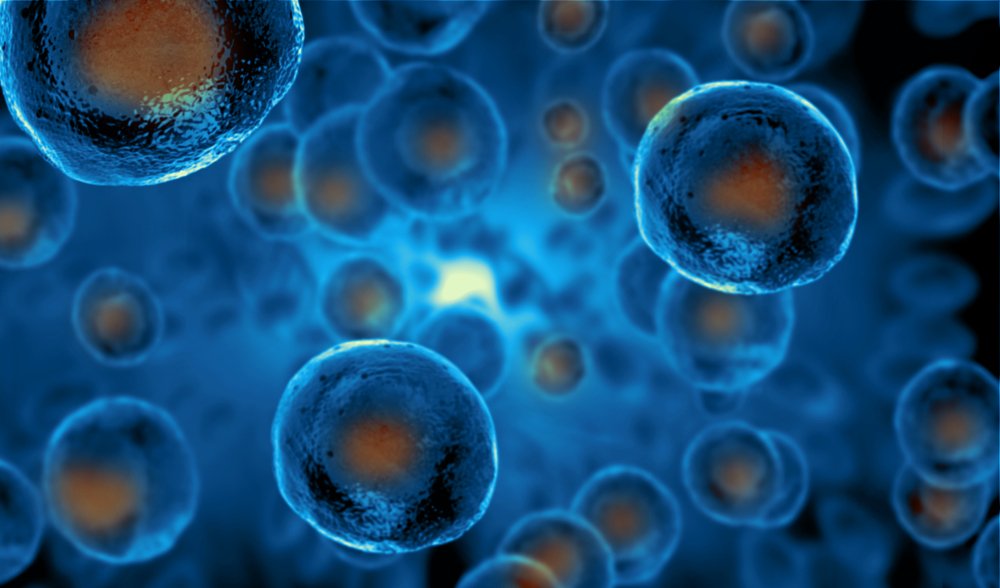Scientists Develop Nano-chip To Heal Damaged Organs In A Single Touch

Scientists have developed a new device that can heal damaged organs with a single touch. The new device developed at The Ohio State University can start healing organs in a "fraction of a second," researchers say.
Tissue Nanotransfection The technology, known as Tissue Nanotransfection (TNT,) may be used to repair injured tissue or restore function of aging tissue, including organs, blood vessels and nerve cells. “Using this nanochip technology, injured or compromised organs can be replaced. We have shown that skin is a fertile land where we can grow the elements of any organ that is declining,” said Dr Chandan Sen, of Ohio State University.
Researchers conducted a series of experiments on mice and pigs. They reprogrammed skin cells to become blood vessel cells in badly injured legs that lacked blood flow. “Using this nanochip technology, injured or compromised organs can be replaced. We have shown that skin is a fertile land where we can grow the elements of any organ that is declining,” Chandan Sen Within one week, active blood vessels appeared in the injured leg, and by the second week, the leg was saved. In further tests, they were able to reprogramme skin cells in the live body into nerve cells that were injected into brain-injured mice to help them recover from stroke.
“This is difficult to imagine, but it is achievable, successfully working about 98 per cent of the time. With this technology, we can convert skin cells into elements of any organ with just one touch,” Dr Sen said. “This process only takes less than a second and is non-invasive, and then you’re off. The chip does not stay with you, and the reprogramming of the cell starts. Our technology keeps the cells in the body under immune surveillance, so immune suppression is not necessary,” he added.
Two major parts TNT technology has two major components: First is a nanotechnology-based chip designed to deliver cargo to adult cells in the live body. Second is the design of specific biological cargo for cell conversion. This cargo, when delivered using the chip, converts an adult cell from one type to another, according to the study, published in the journal Nature Nanotechnology. Researchers plan to start clinical trials next year to test this technology in humans.
(Photo: The Ohio State University Wexner Medical Center)
Source





